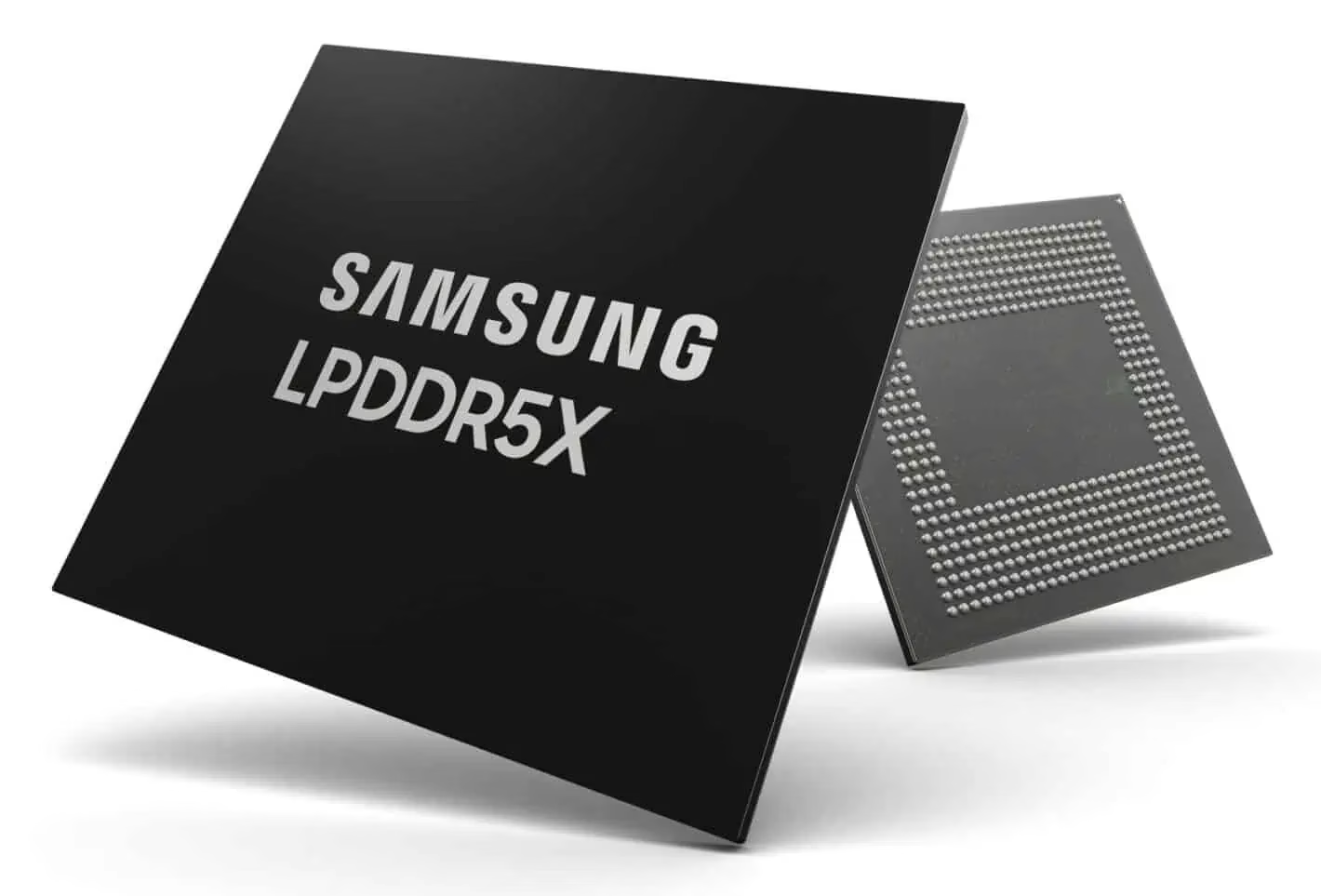US Tightens Chip Export Controls, Cancels Licenses for Samsung and SK Hynix in China
The United States has reportedly revoked or canceled export licenses for South Korean chip giants Samsung Electronics and SK Hynix, allowing them to continue importing advanced manufacturing equipment to their facilities in China. This significant development, confirmed by sources familiar with the matter, marks a notable escalation in the ongoing U.S. efforts to curb China's access to cutting-edge semiconductor technology. The move is expected to have considerable ripple effects across the global semiconductor supply chain, impacting not only the involved companies but also the broader geopolitical landscape surrounding advanced technology.
Unpacking the License Revocations
According to recent reports, the U.S. Department of Commerce's Bureau of Industry and Security (BIS) has withdrawn previously granted licenses that permitted these South Korean firms to supply certain advanced semiconductor manufacturing equipment to their Chinese operations. While the exact scope and specifics of the canceled licenses are still emerging, the implication is clear: the U.S. is tightening its grip on the flow of critical technologies that could bolster China's domestic chip manufacturing capabilities, particularly in advanced nodes. This action comes after a period of intense negotiation and uncertainty for these companies, who have significant investments and operations in China.
The U.S. government's stated goal has consistently been to prevent advanced U.S. technology from being used to support China's military modernization and its efforts to achieve technological self-sufficiency in strategic sectors. Semiconductor manufacturing equipment, especially that used for producing advanced logic and memory chips, is at the heart of this technological competition. By revoking these licenses, Washington is signaling a more aggressive stance, moving beyond simply restricting new sales to actively curtailing existing supply chains for critical components. It's a bold move, and frankly, one that many in the industry have been anticipating with a mix of dread and resignation.
Impact on Samsung and SK Hynix Operations in China
For Samsung and SK Hynix, this decision presents a complex operational challenge. Both companies operate substantial manufacturing facilities in China, particularly for memory chips like DRAM and NAND flash. These facilities rely on a steady supply of advanced equipment to maintain production and technological competitiveness. The cancellation of licenses means these companies will need to find alternative ways to equip their Chinese fabs, which could involve sourcing from non-U.S. suppliers or seeking new, potentially more restrictive, U.S. licenses for specific equipment.
This situation isn't entirely new for these South Korean giants. They, along with other global semiconductor players, have been navigating the complexities of U.S. export controls for some time. However, the outright cancellation of previously issued licenses represents a significant shift. It raises questions about the long-term viability and strategic direction of their Chinese manufacturing bases. Will they be forced to scale back operations, re-route production to other countries, or invest heavily in developing alternative, non-U.S. compliant equipment? The latter is a monumental task, given the U.S.'s dominant position in many aspects of semiconductor manufacturing technology.
Broader Geopolitical and Industry Ramifications
The U.S. government's decision to cancel these licenses is more than just a bilateral issue; it has far-reaching implications for the global semiconductor industry and international relations. It underscores the increasing politicization of technology and the growing trend of economic decoupling, particularly between the U.S. and China. For other countries with significant semiconductor interests, like South Korea, Taiwan, and Japan, this creates a delicate balancing act. They must adhere to U.S. sanctions while also protecting their own economic interests and maintaining relationships with China, a crucial market and manufacturing hub.
This move could also accelerate efforts by China to develop its own indigenous semiconductor manufacturing capabilities and supply chains, free from foreign influence. While China has made significant strides, particularly in areas like chip design and packaging, achieving parity in advanced manufacturing equipment and processes remains a formidable hurdle. However, sustained pressure from the U.S. might provide the necessary impetus for greater domestic investment and innovation in these critical areas. It's a high-stakes game of technological chess, and the board just got a lot more complicated.
What's Next?
The immediate future for Samsung and SK Hynix in China remains uncertain. The companies will undoubtedly be working closely with the U.S. government to understand the full scope of the license cancellations and explore potential avenues for compliance or alternative solutions. Industry analysts will be closely watching for any signs of production disruptions, shifts in investment strategies, or new technological partnerships. This development is a stark reminder of the dynamic and often unpredictable nature of the global tech landscape, where geopolitical tensions can rapidly reshape established industries. It's a story that's still unfolding, and its final chapters are yet to be written.
